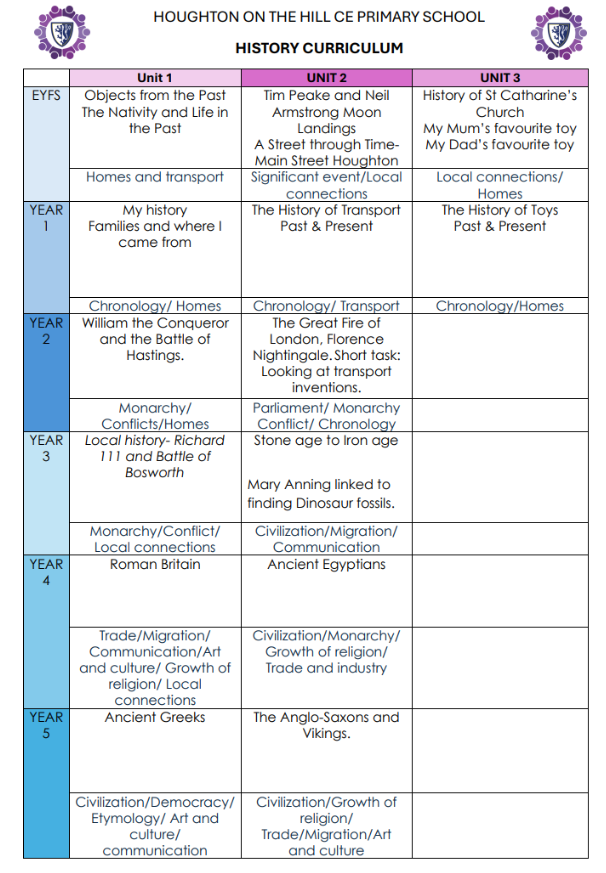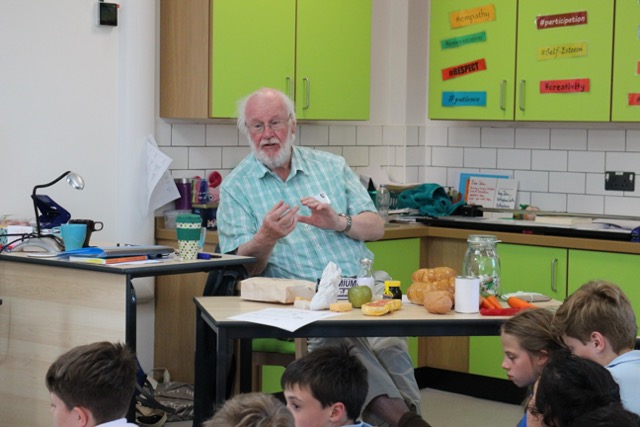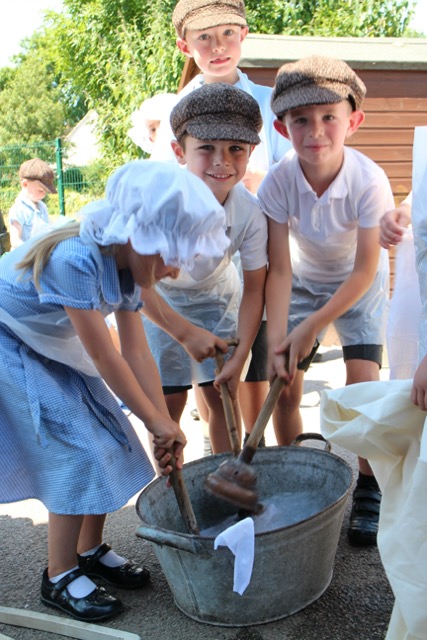History


Our History curriculum closely matches the aims and purpose from the National Curriculum. However, following discussion and reflection, our school has agreed the following vision for our History Curriculum Offer:
- To give pupils a deep understanding of how people’s lives have changed and shaped the world we live in today;
- To understand how Britain has influenced and been influenced by the wider world;
- To make links between the stories of other cultures in the wider world, especially those for whom there is a local, cultural relevance;
- To teach in depth studies of coherent, chronological, connected steps of learning;
- To foster a questioning curiosity in pupils about the world around them.
During their time at Houghton Primary School, pupils will meet a number of recurring themes:
- Chronology
- Monarchy
- Civilization
- Communication
- Growth of Religion
- Parliament/Democracy
- Art & Culture
- Migration
- Trade and Industry
- Conflict
- Etymology
- The Role of Women
- Local Connections
- Homes & Transport
In this way, pupils begin to make connections between different areas of study, and can compare and contrast periods of history.
Each history unit is planned around one key line of enquiry, allowing pupils to explore one of more of the key themes, and linking to local contexts wherever possible.
The history curriculum is enriched through a planned series of visits, visitors and performances throughout the year. This has included....
- A visit from Matthew Peat, local archaeologist, to support learning about Roman Britain and Richard III
- A visit from one of governors who was a WWII evacuee
- A visit to Bosworth Battlefield
- A visit to Rockingham Castle




